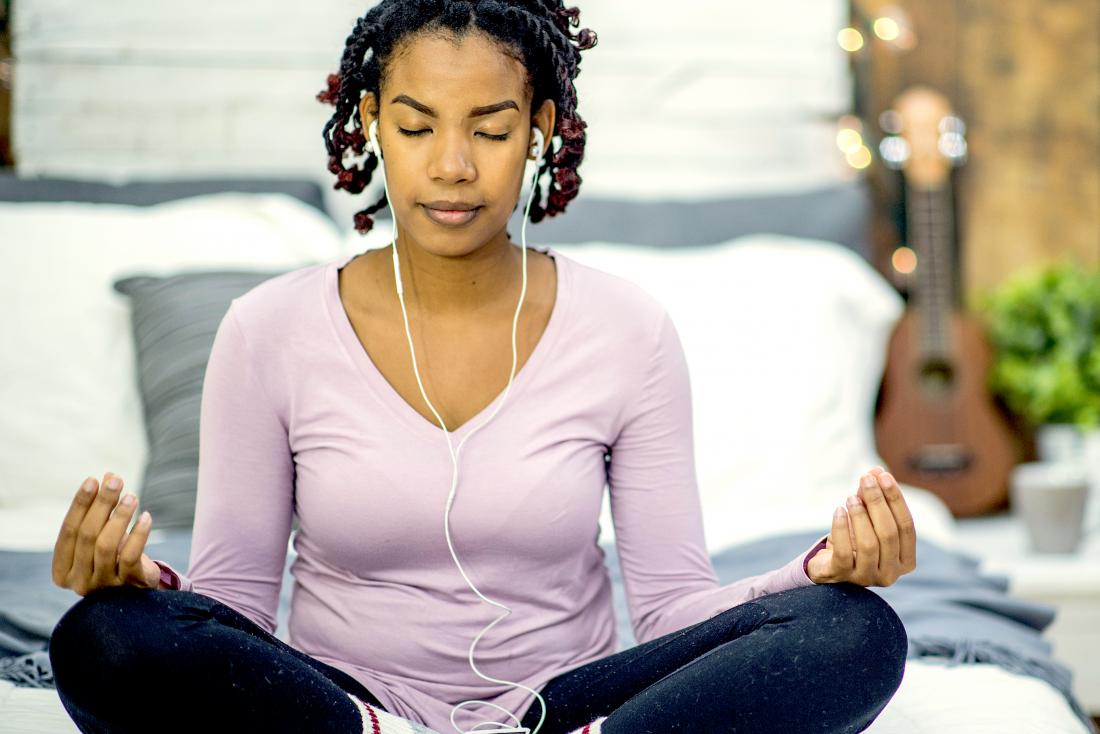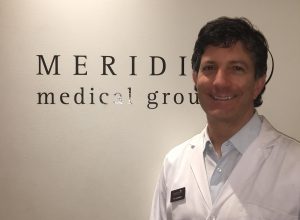Dr David Gerber Discusses Ways to Relieve PMS

Online
PMS symptoms like bloating, mood swings, and the insatiable
urge to eat chocolate are not only unattractive, they usually occur at the most
inconvenient times.
Approximately 75 percent of women experience premenstrual
syndrome (PMS). Fortunately, Dr David Gerber, an obstetrician and gynecologist from Toronto, reminds women that with the right lifestyle changes or
medications, it’s possible to manage symptoms.
Meditate
Meditation helps calm the mind and body, which can be a
major relief for PMS. It can also help you learn how to relax in difficult
situations, which is a valuable life skill. Meditation is great at improving
your concentration, focus, and concentration. This can be especially helpful if
you regularly find yourself easily distracted.
Get Moving
Studies have found that women who exercise regularly have a
30% lower risk of PMS. Exercising during your period can help decrease your
blood flow and increase blood flow to the uterus, which can ease cramps and
other PMS symptoms. It can also decrease bloating, acne, and other symptoms of
hormonal imbalance. Women with severe PMS may want to avoid exercise during
their period. This is because it can increase the severity of PMS. If you’re
not sure if you should exercise during your period, talk to your gynecologist.
Eat a Nutritious Diet
If you’re eating a healthy, nutritious diet, you probably
don’t need to worry about dietary triggers for PMS. That said, consuming
certain nutrients, like zinc and vitamin B6, during your period may help
relieve your symptoms, explains Dr David Gerber.
One study found that women who took B6 supplements had a
significantly lower rate of PMS symptoms than women who didn’t take the
supplements. Other studies have found that B6 supplements may relieve PMS
symptoms such as acne, cramps, and nausea. You can find B6 in foods like
bananas, avocados, and salmon. You can also take a B6 supplement if taking
these foods is not possible for other reasons.
Ask Your Doctor about Medications
Many medications, including birth control pills, are known
to induce or worsen PMS. If you experience any symptoms of PMS while taking
these medications, talk to your doctor. You may be able to consider taking a
different medication, or changing your dosage.
Conclusion
PMS can be frustrating and distressing, no matter what age
you are. This can make it difficult to know what to do and who to turn to for
help. Luckily, there are lots of ways to relieve the symptoms of PMS. The most
important thing is to remember that it will pass. And, when it does, you can
take steps to prevent it from happening again. If you’re looking for ways to
better manage your PMS, understanding what’s going on and finding solutions is
half the battle.
Details
Costs: n/a
Event type: Other events
Registration information: n/a
Event website: https://drdavidgerbermd.com/
Posted by: Dr David Gerber




